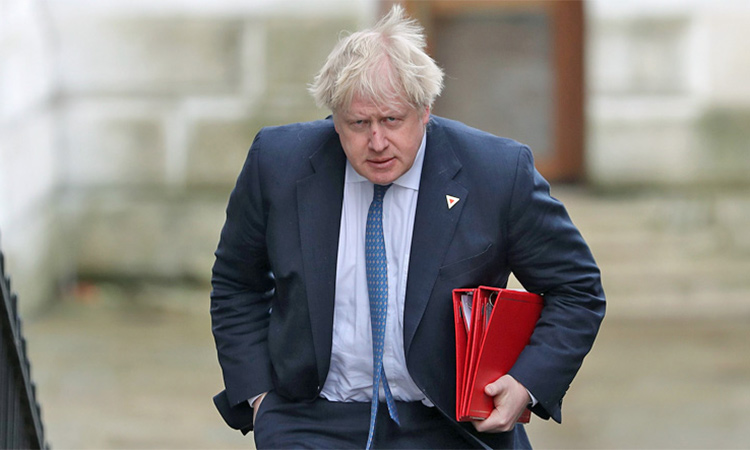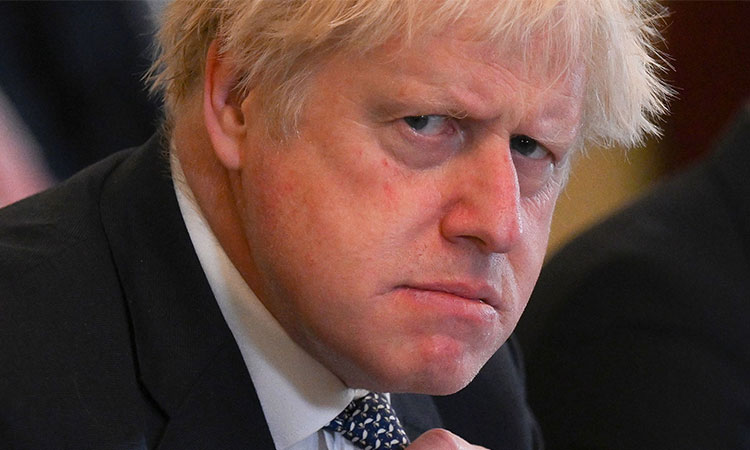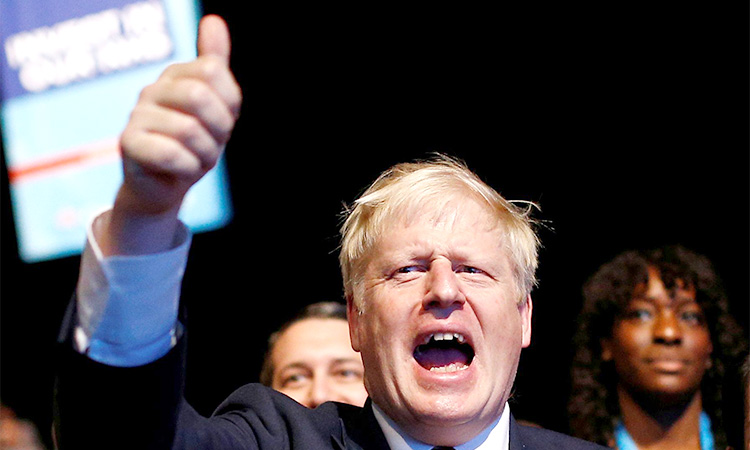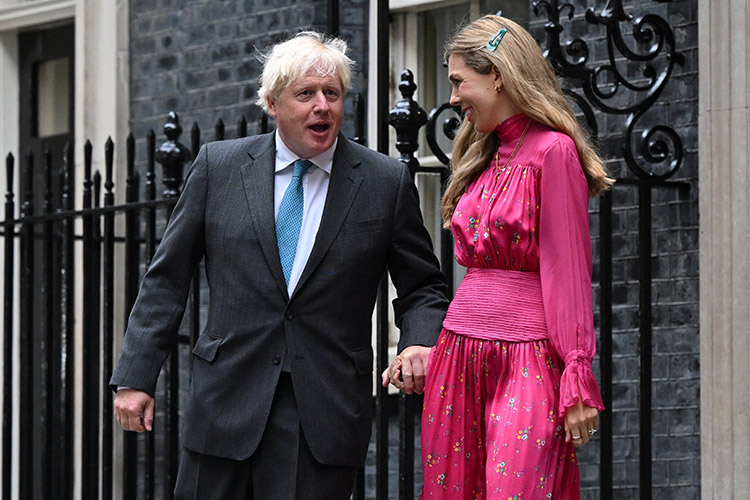Johnson’s arrogance alienates Conservatives

Boris Johnson
The last turned out to be the last straw that broke the camel’s back for Chancellor Rishi Sunak and Health Secretary Sajid Javid and other junior colleagues of the prime minister, and they left with a sense of disappointment writ large in their expressions. The prime minister continued to put on a brave face and seemed to rub off the fallout of the scandals from his coat sleeves as it were.
On Wednesday, during the weekly Prime Minister’s Question Hour he told the House of Commons in a tone of bravado more than anything else, “The job of a prime minister in difficult circumstances when you’ve been handed a colossal mandate is to keep going. And that’s what I am going to do.”
His confidence stemmed from the fact that he had survived a vote of confidence in the Conservative parliamentary party by getting 59 per cent of the vote, and that backing from the party MPs had not yet melted though it could any time.
The backbenchers of the party, who are contesting the elections for the Committee of 1922, a party forum, are planning to change the rules by which they could bring a no-confidence motion later this month, before parliament goes into the summer recession.
But there were many in the government who seemed to remain silent supporters of the prime minister but who could hand in their resignation as suddenly as did Sunak and Sajid.
Johnson went about in the manner of business as usual, but not for a long time. In the meanwhile, he appointed Nadhim Zahawi, an Iraqi Kurd and a successful businessman who started the opinion poll YouGov, as chancellor in place of Sunak.
Johnson seemed to believe, according to the prime minister’s aides, that he could survive another confidence vote in the party, and the confidence seemed to arise from his belief that the tremendous mandate he got in the 2019 general election on the Brexit issue was something that none of his colleagues could have got, and it was entirely due to his Churchillian steadfastness and rhetoric.
The self-confidence of Johnson borders on arrogance and that is what is alienating him in the party and among the people as well because Conservatives lost key by-elections.
There is also the underlying class factor in the battle over Johnson. The prime minister belongs to the traditional elite with public school and Oxbridge credentials, and he and others of his class believe that they are the rightful rulers of Britain.
Johnson’s nonchalant attitude reflects this elitist self-belief. And this also leads him to think that indiscretions of the ‘Partygate’ kind or that Chris Pincher are minor offences, and what matters more is his commitment to make Britain strong and proud outside the European Union (EU) and restore some of its imperialist pride.
But more than in the Labour Party, it is the Conservatives who fall into the trap of the arrogant leader whom they were forced to remove through internal revolt. This happened most famously to the most powerful Conservative leader after Churchill, Margaret Thatcher, who was replaced after winning three successive elections.
Thatcher too rode on the plank of a strong and proud Britain, but her good times ran out. Johnson is neither lucky nor popular as Thatcher was in the country. The question that hung over Johnson was not whether he survives another onslaught inside the party, but about how long he could hold his critics at bay. Many had come round to the conclusion that he would not survive long.







